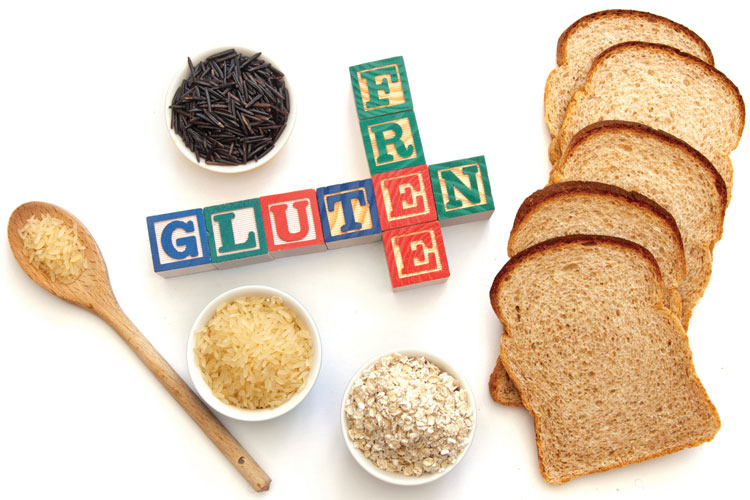The Truth About Gluten-free Diets Good and Bad
There are two sides to every coin and nothing is perfect for everybody. The same applies for the gluten-free diet. It is extremely beneficial for those who are gluten intolerant. However, there are downsides to it too. So, buckle up buttercup, we’re going to tell you the truth about gluten-free diets, good and bad.
This article will examine both the good and the bad of a gluten-free diet. It goes without saying that if you are gluten intolerant, you really have no choice but to avoid gluten. The weighing of positives and negatives are for the fence sitters who usually tend to think about going on a gluten-free diet for health benefits.
You’re probably able to handle gluten and you’re wondering if you should make the switch to a gluten-free lifestyle. If that is the case, do read on.
It may seem that going gluten-free seems to be all the rage these days just like how the paleo diet’s popularity has skyrocketed. However, the gluten-free diet is the result of Celiac disease. This autoimmune disorder affects millions and has serious health implications. Sufferers really need to avoid gluten foods just to stay healthy.
It’s not a trend but an essential lifestyle change to cope with the negative effects of gluten intolerance.
So, what is gluten?
Basically, it’s a protein found in wheat. This protein is made up of glutenin and gliadin. Most flours contain glutenin and this is one reason it is so difficult to adopt a gluten-free lifestyle. Most commercially sold foods such as breads, pastries, sauces, etc. contain gluten or wheat based additives.
When a gluten intolerant person consumes gluten foods, the villi, which line the small intestine gets destroyed. This hampers and impedes the body from absorbing nutrients into the blood stream via the small intestines. The end result is a sick person who is nutrient deficient.
So the big question is,
should you adopt a gluten-free diet?
If you’re gluten sensitive, the answer in a categorical YES!
If you’re not gluten sensitive, then the answer is no. You do not need to adopt a gluten-free lifestyle. It is unnecessary hassle and serves no health benefits. You would be better off with the paleo or Mediterranean diets which are far superior.
The good news about gluten-free diets only apply to those who are sensitive or intolerant to gluten.
They will be able to reduce or make most of their negative health symptoms disappear. Inflammation, headaches, lethargy, etc. all fade and disappear once they go on a gluten-free diet.
The downside to the diet is that it requires immense preparation and you need to be well-informed. You’ll need to find gluten-free substitutes for the usual foods you eat. Gluten also tends to creep in through cross-contamination or it is hidden in certain foods such as sauces, etc.
You will constantly need to be alert and investigate how the food is manufactured.
This is really too much work for someone who is not gluten sensitive. Gluten-free foods are not necessarily healthier. They contain fats and calories too. You can gain weight and be unhealthy on a gluten-free diet. Gluten-free foods also tend to be more costly.
The gluten-free lifestyle is a solution for sufferers. It is not a health trend that should be adopted if you’re not affected by gluten. You can be healthy by eating wholesome foods in moderation and incorporating an effective exercise regimen in your life. It’ll be easier and way more fun.
The Truth About Gluten-free Diets Good and Bad
Could gluten cause Celiac disease? What is Celiac disease? is a serious genetic autoimmune disorder where the ingestion of gluten leads to damage in the small intestine.
Read more at: https://alternativeresourcesdirectory.com/news/gluten-free-for-increased-brain-function
